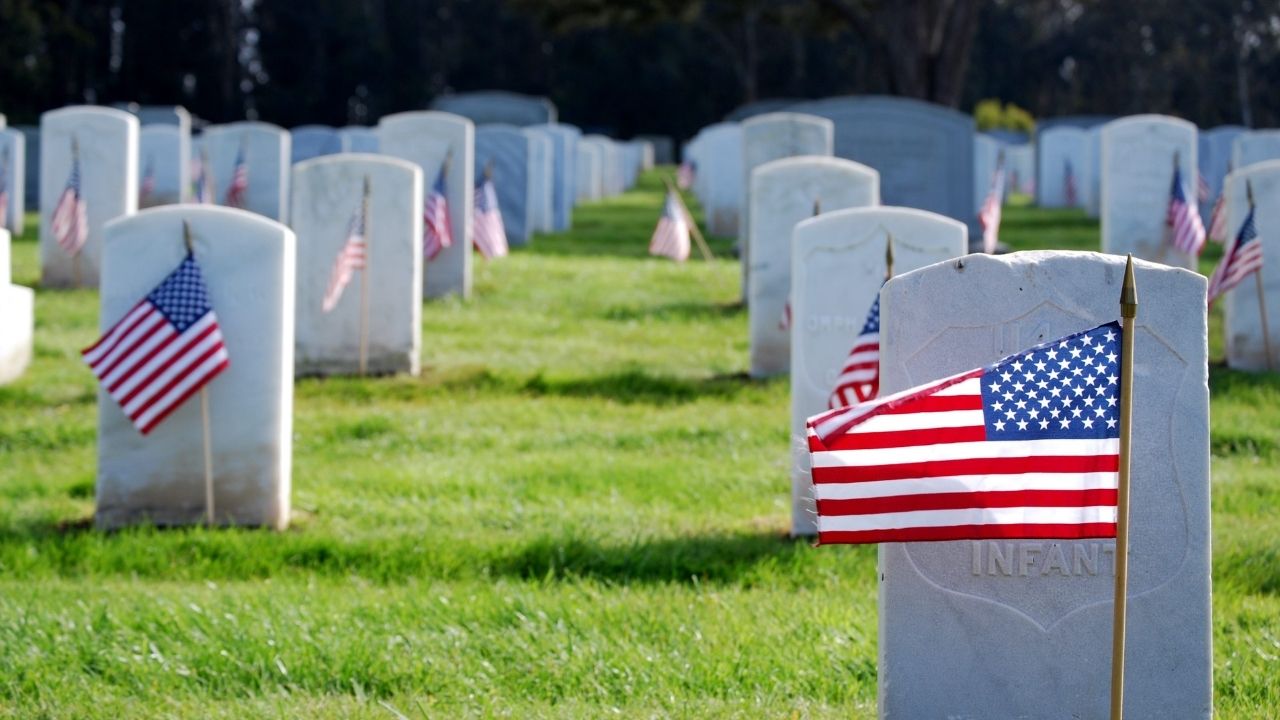The Department of Veterans Affairs has announced an important and temporary enhancement of burial benefits intended explicitly for veterans who have died at home while receiving hospice care authorized by the VA. This new policy will become effective for those who pass away between July 1, 2025, and October 1, 2026.
This initiative is part of the Senator Elizabeth Dole 21st Century Veterans Healthcare and Benefits Improvement Act, legislation aimed at improving healthcare and benefits for veterans, which was signed into law earlier this year. This expansion acknowledges the unique circumstances of veterans receiving care in their homes and aims to provide support for their families during a difficult time.
Table of Contents
Previously Overlooked Veterans Now Eligible
Under the earlier policy, veterans discharged from VA medical centers or nursing homes who transitioned to hospice care at home were often ineligible for the full VA burial allowance. This exclusion has now been reversed. The updated law ensures that families of qualifying veterans can receive financial reimbursement and access to VA cemetery services, even if the veteran passed away outside a VA facility.
The change is expected to impact thousands of families who opt for home-based care in the final stages of a veteran’s life. The VA cited the need to align benefits with modern care preferences, as more veterans are choosing to spend their last days at home.
Eligibility Requirements and Dates
To qualify for the expanded burial allowance, the veteran must have:
- Been discharged from a VA hospital or nursing home
- Received VA-provided hospice care at home
- Died between July 1, 2025, and October 1, 2026
Families must provide documentation of the discharge, hospice care enrollment, and proof of death. The VA emphasized that the change is not retroactive and applies strictly to deaths within the 15 months.
What the Burial Benefit Covers
The burial benefit includes two primary components: financial reimbursement and access to VA national cemetery services. Eligible families can be reimbursed for funeral expenses, cremation or burial services, and transportation of remains.
The VA will also provide, at no cost:
- A gravesite in a national cemetery
- Opening and closing of the grave
- A government-issued headstone or marker
- A burial flag
- A Presidential Memorial Certificate
This benefit is only guaranteed for veterans meeting the expanded eligibility criteria.
Application Process and Required Documentation
To request interment in a VA national cemetery, families must call the National Cemetery Scheduling Office at 800-535-1117. Required documents include the veteran’s DD-214, a death certificate, and funeral receipts.
For reimbursement, families must submit VA Form 21P-530, which can be filed:
- Online via VA.gov
- By mail to the Pension Intake Center in Janesville, Wisconsin
- In person at any VA regional office
- Through a Veterans Service Organization (VSO) or a funeral home
Timely submission of all required forms and receipts is encouraged to avoid delays.
Expanded Benefits at a Glance
| Criteria | Details |
|---|---|
| Eligible Death Dates | July 1, 2025 – October 1, 2026 |
| Required Conditions | Discharged from VA, received VA home hospice |
| Benefits Include | Reimbursement, cemetery plot, headstone |
| Form Needed | VA Form 21P-530 |
| Included at VA National Cemeteries | Cost to Family |
|---|---|
| Gravesite and interment | $0 |
| Headstone or marker | $0 |
| Burial flag and memorial certificate | $0 |
This temporary expansion of benefits is designed to provide crucial support to families who have selected home hospice care for their loved ones. It aims to enhance the quality of care and comfort during this sensitive time.
Additionally, the initiative seeks to ensure that all eligible veterans receive the recognition and burial honors they deserve, regardless of the location of their passing. This commitment reflects a deep appreciation for their service and sacrifice, ensuring that no veteran is overlooked in receiving the dignified farewell they have earned.







